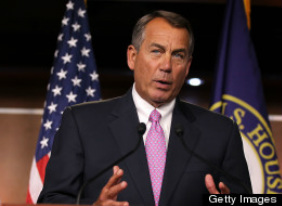This past Friday, just hours before the Sandy Hook shooting in Conneticut, a young man walked into an elementary school and attacked over 22 children. The difference between this attack and the Sandy Hook massacre was that this one took place in China, and the attacker was using a knife, not a gun. Although several of the young children had to receive immediate medical attention, all 22 survived the attack. One can't help but notice the gap between gun laws in the U.S. and China. The U.S., which has the highest rate of gun ownership in the world, suffered 9,000 gun-related deaths last year. Countries with stricter gun laws, like Canada, don't have nearly as many (150 in Canada last year).
The remarkable similarity between the attack in China and Conneticut makes the difference in death toll more blatant. As Dr. Ding Xueliang, a Harvard-educated sociologist, says, " The huge difference between this case and the U.S. is not the suspect, nor the situation, but the simple fact he did not have an effective weapon." Although both attacks were horrific, its is obvious to most that a knife is just not as deadly as a gun.
There are 88.8 guns per 100 people in America. Nancy Lanza, the Sandy Hook shooter's mother, was just another American who owned several firearms (including an automatic rifle that was used by Adam Lanza). Although opponents to gun laws will state that guns save more lives than they take, the Lanza household made it simple for a young man to kill innocent children, as well as his own mother. In China, and many other countries, these acts against innocent civilians do happen, but not with the loss of life like we've seen in the U.S. This particular incident in China shows how these harrowing attacks in America could have been far less costly if guns were not involved.
http://www.cnn.com/2012/12/15/world/asia/china-us-school-attack/index.html?iid=article_sidebar


 RSS Feed
RSS Feed